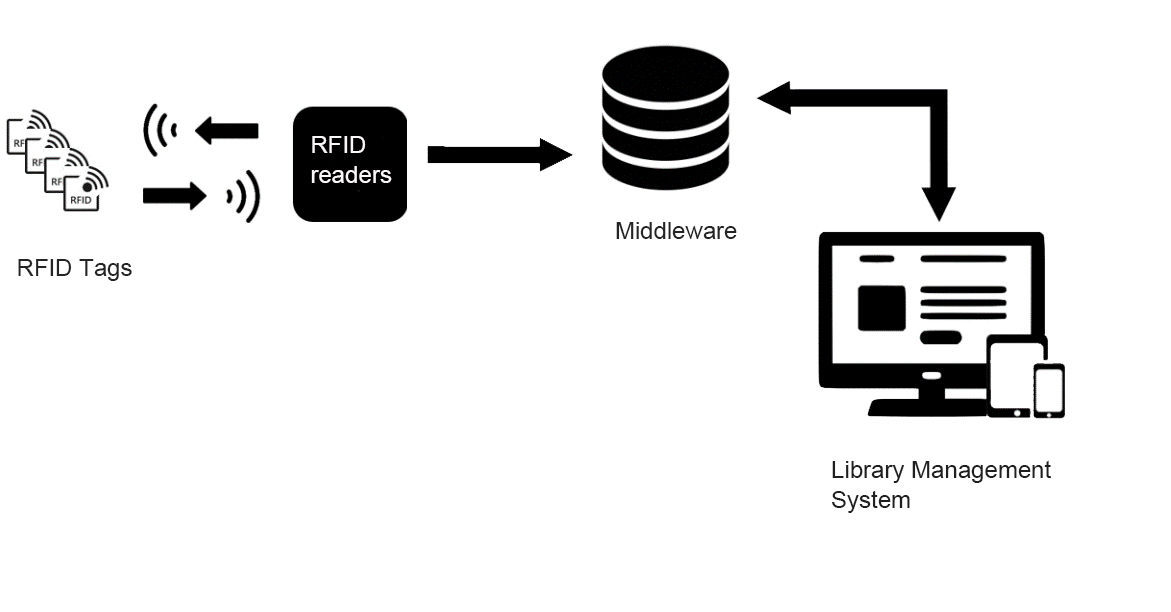In recent times, libraries have undergone significant transformations in response to technological advancements and evolving societal expectations. Varying from school, academic, public, and special libraries, most libraries would like to adopt RFID technology to shape the landscape to the next level.
However, libraries face many challenges in the use of
RFID systems. Apart from the large budget for RFID tags, the major issue is the integration of RFID hardware and library management software. Most LMS installed in the libraries do not have standard RFID integration protocols, such as SIP (Synchronized Information Protocol), SIP2 (Synchronized Information Protocol Version 2), or NCIP (NISO Certified Information Protocol), resulting in impossible communication between RFID hardware and the LMS.
As a professional RFID library solution supplier and manufacturer, Intech has developed specialized middleware software to accelerate library reforms, which can work in a library with RFID integration. Intech middleware application installed on a Desktop/Server acts as a bridge gap to facilitate communication and interaction between two core systems, the Radio Frequency Identification (RFID) system uses a variety of RFID hardware like
self-service kiosks,
security gates,
staff stations, etc. to track books and assets, and the Library Management System (LMS) handled the administrative functions of the library, such as cataloging, circulation, user management, etc.
RFID readers capture data from the
RFID tags that are embedded in library items, and then Intech middleware software extracts, handles, and transforms disparate data from the RFID system into a format that the LMS can understand and process. When the LMS receives these data including check-out/return transactions, library resources information, patron records, etc. from middleware, it will update its own database accordingly.
In general, middleware software can access the LMS through web service access and database-level access. The former is used to link to the LMS database and only retrieve the basic information with no direct access, while, the latter can directly access the database and copy the table architecture. Due to several reasons such as security concerns and maintaining complexity,
Intech middleware application typically provides web service access to work with LMS rather than direct database level access, and it can work with any brand LMS.
Using Intech middleware in a library can bring several advantages in terms of performance, security, and maintainability. Intech Middleware can deal with various protocols or data formats, ensuring compatibility between different systems, and allowing users to talk to the server in one language, regardless of the language used in the back end. Regarding security concerns, it effectively prevents unauthorized access through encryption, authentication, and data access control. With the modularity feature, it's easier to maintain and update individual parts of the library.
Previous:Comparison with RFID and Barcode in Libraries
Next:Benefits And Features Of Library Pickup Lockers
